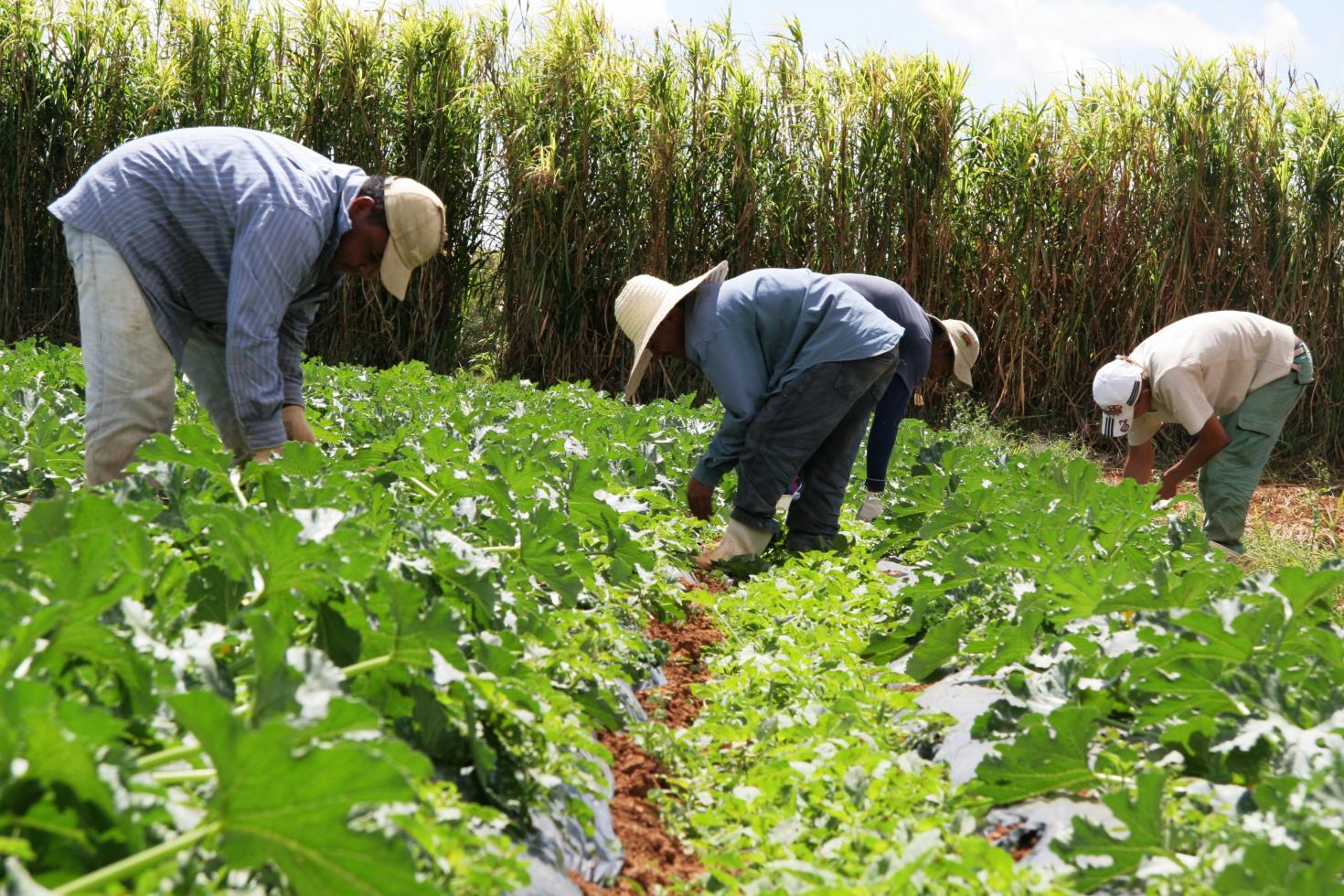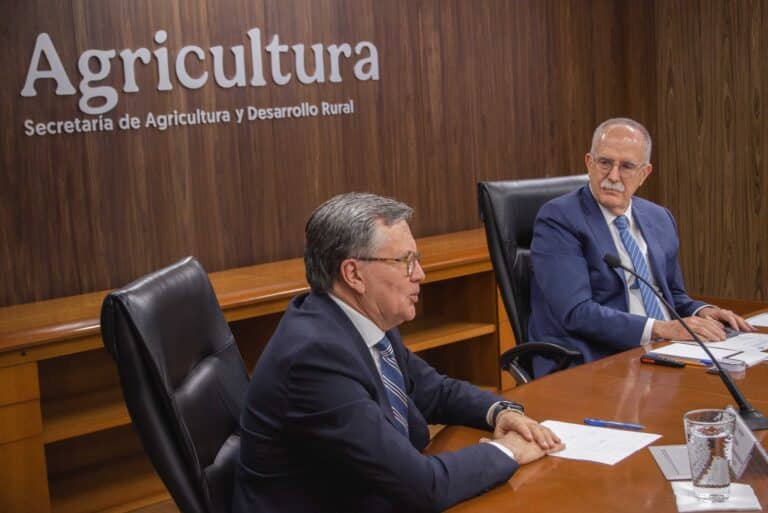The World Bank leads an initiative that seeks to ensure that agriculture and food systems in LAC deliver inclusive growth, create jobs, and help feed some of the world population in a sustainable, nutritious, and safe way.

San José, February 21, 2019. Agriculture leaders gathered in Costa Rica this week to identify opportunities and threats that could affect food and agriculture systems in Latin America and the Caribbean Region (LAC).
The workshop brought together policy makers, producer groups, agribusiness firms, civil society organizations, researchers, and development agencies, to examine future scenarios and identify actions to facilitate the emergence of dynamic, productive, and modern agriculture and food systems. Findings from the workshop will inform the ongoing preparation of a major report on the future of agriculture and food systems in LAC.
“The workshop’s results will be used to shape the report’s key messages and ensure that the messages in the report are relevant to a wide range of key stakeholders and partners,” said Michael Morris, Lead Agricultural Economist at the World Bank.
The report aims to improve understanding of the transformational opportunities offered by LAC’s agriculture and food systems to contribute to growth, employment, and food security, while sustaining global and local natural capital endowments. The report is being produced through a partnership led by the World Bank Group (WBG) and including the International Food Policy Research Institute (IFPRI), the Inter-American Development Bank (IDB), the Inter-American Institute for Cooperation of Agriculture (IICA), McKinsey & Company (McKinsey), and the Nature Conservancy (TNC).
Building on the results of earlier analytical work, the workshop participants constructed a series of future scenarios reflecting different combinations of drivers such as climate change, shifts in human diets, increasing scarcity of agricultural land and irrigation water, and the emergence of disruptive technologies. After developing a detailed description of each scenario and imagining their impacts on growth, poverty, food security, and the environment, the participants identified the actions needed to safeguard the performance of agriculture and food systems under each scenario, were it to occur. Some of the actions are designed to guard against potentially catastrophic risks; others would allow key actors to take advantage of opportunities that could emerge; and still others—known as “big bets”—are designed to alter the trajectory of the entire agriculture and food system.
During the February 19 event, participants agreed that LAC can play a critical role in contributing to world food security and in generating globally important environmental services. In his remarks, Eugenio Diaz-Bonilla, Head of Latin American and Caribbean Program at IFPRI, emphasized that it is vital to manage agricultural, rural and food systems development in a way that balances inclusive growth, poverty reduction and sustainability objectives.
The host of the activity and Director General of IICA, Manuel Otero, highlighted the role of LAC agriculture in the world. “Agriculture is in our DNA, and it is up to us to take advantage of the opportunity of becoming guarantors of world food security, “he said.
Taking a long-term perspective, the report, which is expected to be finalized by the end of 2019, is looking at what actions are needed, now and in the years to come, to ensure that agriculture and food systems in LAC deliver inclusive growth, create jobs and help feed some 9.5 billion people globally by 2050 in a sustainable, nutritious, and safe way.
More information:
Washington
Flore de Preneuf
Senior Communications Officer, World Bank
San Jose
IICA Institutional Communication Division











